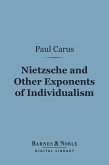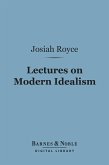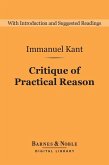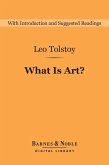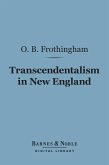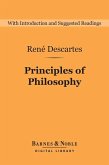This edition includes a modern introduction and a list of suggested further reading.
Kant, the most revolutionary and important figure in Western philosophy since Aristotle, wrote the Critique of Judgment as the capstone of his trilogy of Critiques. Through its investigation of the beautiful and the sublime, it set the terms for modern aesthetics and art criticism. Its discussion of the significance of nature is important for theology and science alike. Most important, the third Critique's exploration of the contributions that scientific thinking and aesthetic sensitivity each make to our sense of humanity remains of the most profound significance to anyone interested in morality and the development of culture.
Dieser Download kann aus rechtlichen Gründen nur mit Rechnungsadresse in A, D ausgeliefert werden.




